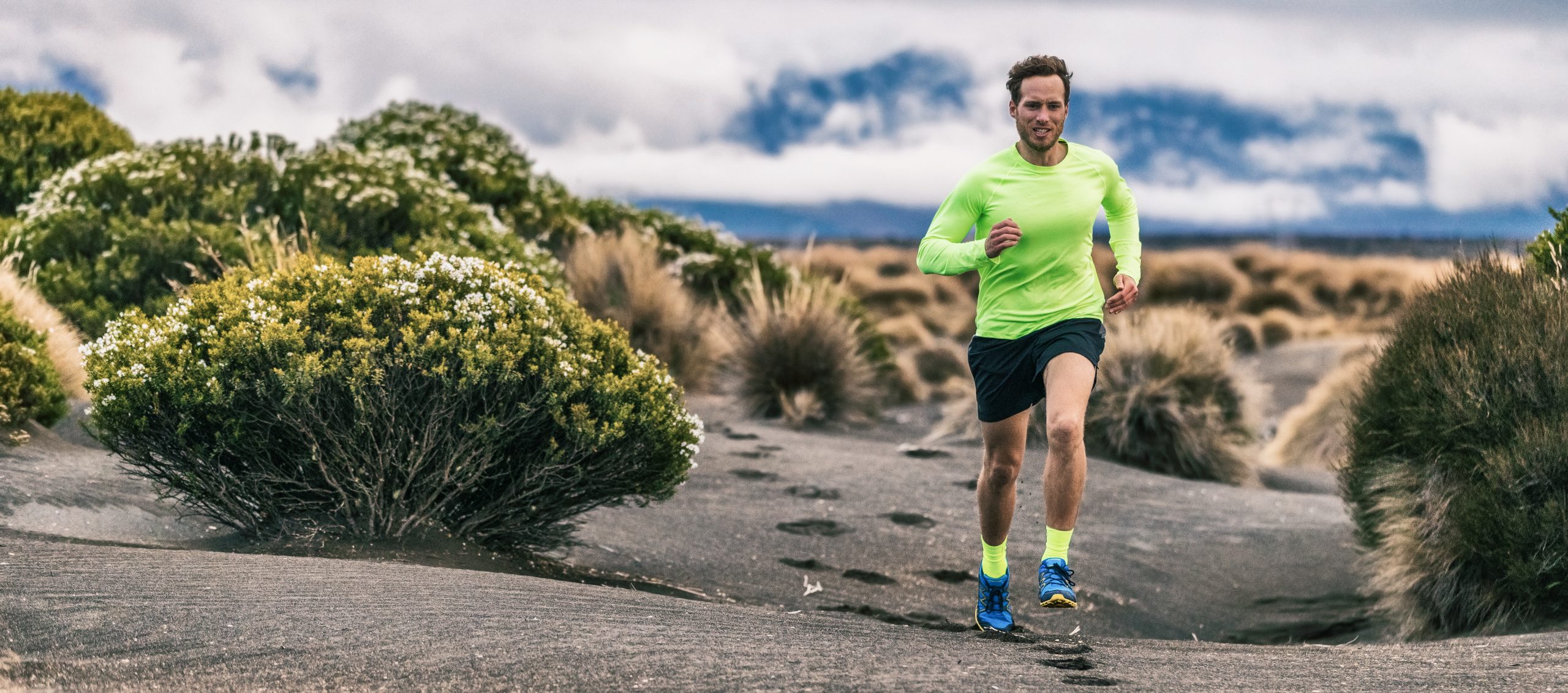I read a story recently by a man who lived in Houston during the aftermath of Hurricane Harvey. He and his neighbors felt a deep, intrinsic reward the first few days of shoveling muck from their homes, hosing off belongings, and saving their possessions. For people who spent most days in white collar office jobs, the physical labor energized them.
At least it did for a few weeks. But when it became apparent how much work was left to do, the same tasks became overwhelming. Fatigue and the dread of physical work woke with them each morning.
I thought of that story after a recent CHC webinar, when Sandra Lomasson spoke about the adrenaline phase of our response to Covid-19. These are the first weeks, the feel-good time of an exciting change of pace. These are the weeks we enjoy talking to minister friends about the innovative ways we are leading churches during the shelter-in-place orders and lockdowns.
But after a few weeks, the adrenaline is wearing off. Our hormonal high has been replaced by the exhausted recognition we may be doing these things again in a few months, or we may be doing them for a long time. The novelty is gone. Now we are faced with the continuing reality of our new lives and the evolving shape of ministry.
We already lived in a short-term, on-demand culture. We borrow today, have it now, and figure out how to pay later. We spend today; we will start saving tomorrow. We indulge now; we will diet later. We assume next-day delivery for every online purchase. Our previous habits and expectations have not equipped us for long-term efforts, such as the one we face today. How do we now find the persistence to stay at these new tasks which may last months or years?
In Romans 5:3-5, we read: “…we rejoice in our sufferings, knowing that suffering produces endurance, and endurance produces character, and character produces hope, and hope does not put us to shame, because God’s love has been poured into our hearts through the Holy Spirit who has been given to us.” (ESV) The root meaning for Paul’s endurance is “to stay.” As in staying power.
In our on-demand culture we instantly want to fill our hearts with hope in order to lift ourselves out of pain or discomfort. Immediate hope, however, is usually nothing more than mere optimism. Looking on the bright side doesn’t produce lasting Christian hope. The only path to hope that makes a difference is through endurance and character. Like patience, these qualities only come through practice. Because there is no such thing as instant staying power.
In Good to Great Jim Collins tells of an interview with former prisoner of war, Admiral James Stockdale. This excerpt from their conversation contains a perfect illustration of how the practice of endurance produces hope. Collins begins with a question:
“Who didn’t make it out of the prisoner of war camps in Vietnam?”
“Oh, that’s easy,” Stockdale said. “The optimists.”
“The optimists? I don’t understand,” I said, now completely confused.
“The optimists. Oh, they were the ones who said, ‘We’re going to be out by Christmas.’ And Christmas would come, and Christmas would go. Then they’d say, ‘We’re going to be out by Easter.’ And Easter would come, and Easter would go. And then Thanksgiving, and then it would be Christmas again. And they died of a broken heart.”
“This is a very important lesson. You must never confuse faith that you will prevail in the end—which you can never afford to lose—with the discipline to confront the most brutal facts of your current reality, whatever they might be.” (Good to Great, p. 83ff)
Stockdale does not use the words endurance or hope, but he has given us a concrete example of what they mean. Each day the POW’s did what had to be done to survive. Their long-term goal was in the future, but they faced each day as the challenge that had to be conquered to get there. The only way to achieve their hope was to endure, taking each day as it came.
Therefore, let us not jump ahead to a shallow optimism. Let us face the time ahead in the faith that God will provide us with the endurance to meet the needs of today – and each day. As we do, the spiritual muscle memory of our endurance will result in a developed character of hope.

Leave a Reply